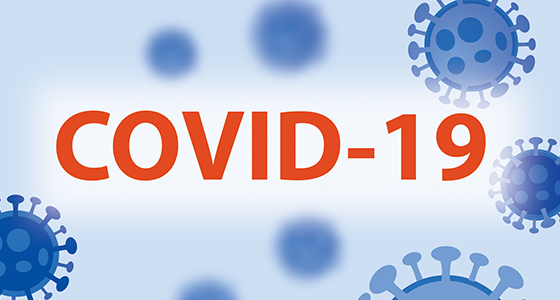When you think of over-the-counter (OTC) medicines, it would be hard not to think of aspirin: one of the most common, useful, safe, and effective OTC medicines in the world.
But there has been a flurry of media coverage recently regarding aspirin, particularly concerning whether people should continue taking it for cardiovascular benefits. These news reports were the result of an updated 2019 primary prevention guidelines issued by the American College of Cardiology (ACC) and the American Heart Association (AHA). Unfortunately, some of the media coverage has potentially created confusion for Americans who are taking aspirin.First, as a cardiovascular physician I want to reinforce that no one should stop or alter their aspirin regimen before speaking with their doctor or health care provider.
And second, I will help sort through the news and the research on this topic.There are two main categories of patients who take a daily low-dose aspirin for cardiovascular (CV) event prevention: patients who have not yet had serious cardiovascular problems but may be at risk of having these problems AND patients who have already experienced serious cardiovascular problems like a heart attack or clot-related stroke. What the updated guidelines tell us is that certain individuals in the first category (have not yet had an event, often called primary prevention) may not need to continue taking aspirin due to the increased risks of bleeding outweighing the cardio-protection benefit. Whether or not you are one of these individuals in this category depends on your own personal risk factors, which is why it is important to consult your doctor who can help you understand the benefits and risks and what is best for your health.For people in the secondary category – those who have already experienced a cardiovascular event – aspirin can be a lifesaver.
Not only is it proven to help prevent another heart attack or clot-related stroke, aspirin is also one of the most extensively studied drugs in history. This is why aspirin remains the cornerstone preventative therapy for secondary prevention. In the United States, aspirin’s professional label is approved for secondary prevention of a CV event.Some of the media coverage around the new guidance was not clear on this crucial distinction. For those who have already experienced a heart attack, or clot-related stroke there is evidence that discontinuing an aspirin regimen without a doctor’s guidance can increase the risk of another heart attack by 63 percent and a clot-related stroke due to a blood clot by 40 percent.Cardiovascular disease is the number one cause of death in the United States, affecting more than 92 million American adults and causing about 2,200 deaths per day.
That’s one life every forty seconds. Each year 790,000 Americans alone will suffer from a heart attack, while another 795,000 will have a stroke.Many factors can contribute to a person’s risk of cardiovascular disease, including high blood pressure, high cholesterol and smoking – and almost half of Americans (47 percent) have at least one of these risk factors.Clinical studies and cardiovascular professional guidelines have continued to support the lifesaving benefits of aspirin.
Studies have found that an aspirin regimen under the direction of a doctor can help reduce the chances of a second heart attack by 31 percent and a second clot-related stroke by 22 percent.Importantly, even though aspirin is the gold standard of preventative therapy for those who have experienced a heart attack, clot-related stroke, chronic stable and unstable angina, a stent placement (PCI) or open heart surgery (CABG), it may not be for everyone. Anyone who has questions about starting or continuing an aspirin regimen should talk to their doctor.Aspirin is not appropriate for everyone, so patients should talk to their doctor before they begin an aspirin regimen.




